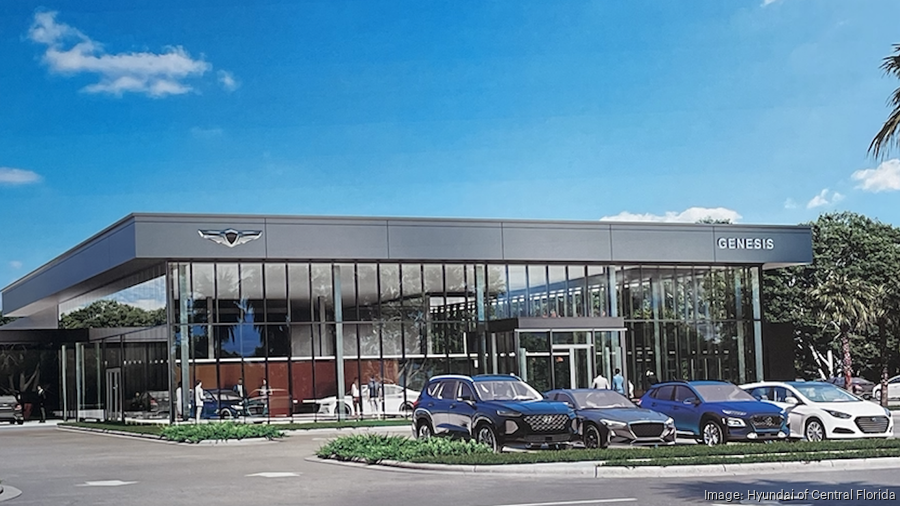Checking Out the Fine Publish: What to Know Before Leasing an Automobile
Navigating the world of car leasing can be a complex endeavor, usually needing an eager eye for detail to stay clear of potential pitfalls. The appeal of driving a new lorry without the lasting dedication of possession can be luring, but before you authorize on the dotted line, there are essential facets hiding in the great print that merit mindful consideration. From surprise charges that may capture you off guard to gas mileage limits that can influence your everyday commute, being fluent in the ins and outs of a lease agreement is vital. Let's untangle the layers of complexity that include leasing an auto to ensure you make an enlightened choice that lines up with your demands and economic objectives.
Lease Conditions and terms
Understanding the lease terms is critical before dedicating to a car lease agreement. These terms lay out the obligations and commitments of both the lessee and the owner throughout the lease duration. One vital aspect to think about is the lease period, which commonly ranges from 24 to 36 months. It is necessary to evaluate whether this duration lines up with your driving routines and future strategies. In addition, familiarize on your own with the gas mileage restricts defined in the lease contract. Going beyond these limits can result in costly overage charges at the end of the lease term (varsity lincoln).
Moreover, the lease terms will certainly information the maintenance needs for the car. By completely assessing and comprehending the lease terms and problems, you can make an informed choice and avoid any type of surprises or misconceptions during the lease term.

Hidden Fees and Costs
Upon completing the lease conditions, it is critical to scrutinize the arrangement for any type of prospective concealed fees and charges that may impact the overall expense of the lease. These added prices can substantially inflate what initially felt like a bargain. Some typical covert costs to watch out for consist of acquisition fees, disposition costs, excess mileage fees, damage costs, early discontinuation costs, and down payment fees.

Understanding Mileage Restrictions
When renting a car is the established gas mileage restriction established by the leasing agreement,One important facet to consider - lincoln continental. Gas mileage restrictions specify the maximum variety of miles a lessee can drive the car annually without sustaining service charges. It is necessary to completely comprehend these limitations as surpassing them can lead to pricey imp source costs at the end of the lease term
Generally, lease agreements provide mileage limits ranging from 10,000 to 15,000 miles annually, with choices to buy extra miles upfront at a reduced rate. Lessees must precisely examine their driving routines to choose a proper mileage limit that aligns with their demands. Going over the agreed-upon mileage can cause excess gas mileage costs, which are typically computed per mile and can include up rapidly.
To stay clear of unanticipated costs, lessees need to check their about his mileage throughout the lease term and consider options such as car pool or making use of public transport when nearing the limitation. Comprehending and adhering to the gas mileage restricts described in the leasing agreement is crucial for a cost-efficient and smooth leasing experience.
End-of-Lease Responsibilities
As completion of the lease term strategies, lessees should be prepared to satisfy their end-of-lease duties immediately and in conformity with the leasing contract. One essential duty is making certain that the car is returned in good problem, thinking about regular deterioration. Most leasing contracts stipulate specific standards relating to the appropriate condition of the auto at the end of the lease, and lessees may be economically accountable for any kind of excessive damage.
In addition, lessees are generally called for to adhere to gas mileage restrictions detailed in the leasing agreement. Surpassing these restrictions can result in overage costs that can build up promptly. To avoid unforeseen costs, it is essential for lessees to check their gas mileage and strategy in advance as the end of the lease term techniques.
Lastly, lessees need to recognize any type of end-of-lease costs that might apply. These might consist of disposition fees, excess damage costs, or any superior settlements. By understanding and preparing for these obligations beforehand, lessees can ensure a hassle-free and smooth end to their leasing agreement.
Insurance Coverage Requirements
Comprehending the insurance policy look at here demands is crucial for lessees when leasing a vehicle to ensure correct insurance coverage throughout the term of the lease. A lot of leasing firms usually need lessees to carry thorough and accident insurance policy on the lorry.
In enhancement to extensive and crash protection, lessors frequently mandate specific obligation insurance restricts that lessees should fulfill. Responsibility insurance coverage covers costs linked with bodily injury or home damages that the lessee may trigger to others while driving the rented lorry. Lessees need to meticulously examine the insurance needs described in their lease arrangement to ensure they are compliant.
Failure to preserve the essential insurance coverage can lead to penalties and even the discontinuation of the lease arrangement. It is essential for lessees to interact with their insurance service provider to assure that they satisfy all the insurance coverage needs defined by the owner.
Conclusion
To conclude, it is important for individuals thinking about renting a vehicle to very carefully examine the lease conditions, recognize any kind of surprise fees and fees, comprehend mileage limitations, and get ready for end-of-lease obligations. Furthermore, conference insurance policy needs is essential to protect both the lessee and the lessor. By being educated and understanding these crucial facets, people can make educated choices when renting a cars and truck.
Upon completing the lease terms and problems, it is imperative to inspect the contract for any type of potential surprise costs and fees that may influence the total cost of the lease.Procurement charges are charged by the renting firm for setting up the lease, while disposition costs are incurred at the end of the lease term. By thoroughly evaluating the lease contract for these hidden fees and fees, you can prevent unforeseen financial shocks and make a much more informed choice when leasing a vehicle.
Comprehending the insurance coverage requirements is crucial for lessees when leasing a car to make certain proper insurance coverage throughout the term of the lease.In final thought, it is essential for people considering renting a cars and truck to thoroughly assess the lease terms and conditions, be mindful of any kind of surprise costs and costs, comprehend gas mileage limitations, and prepare for end-of-lease obligations.